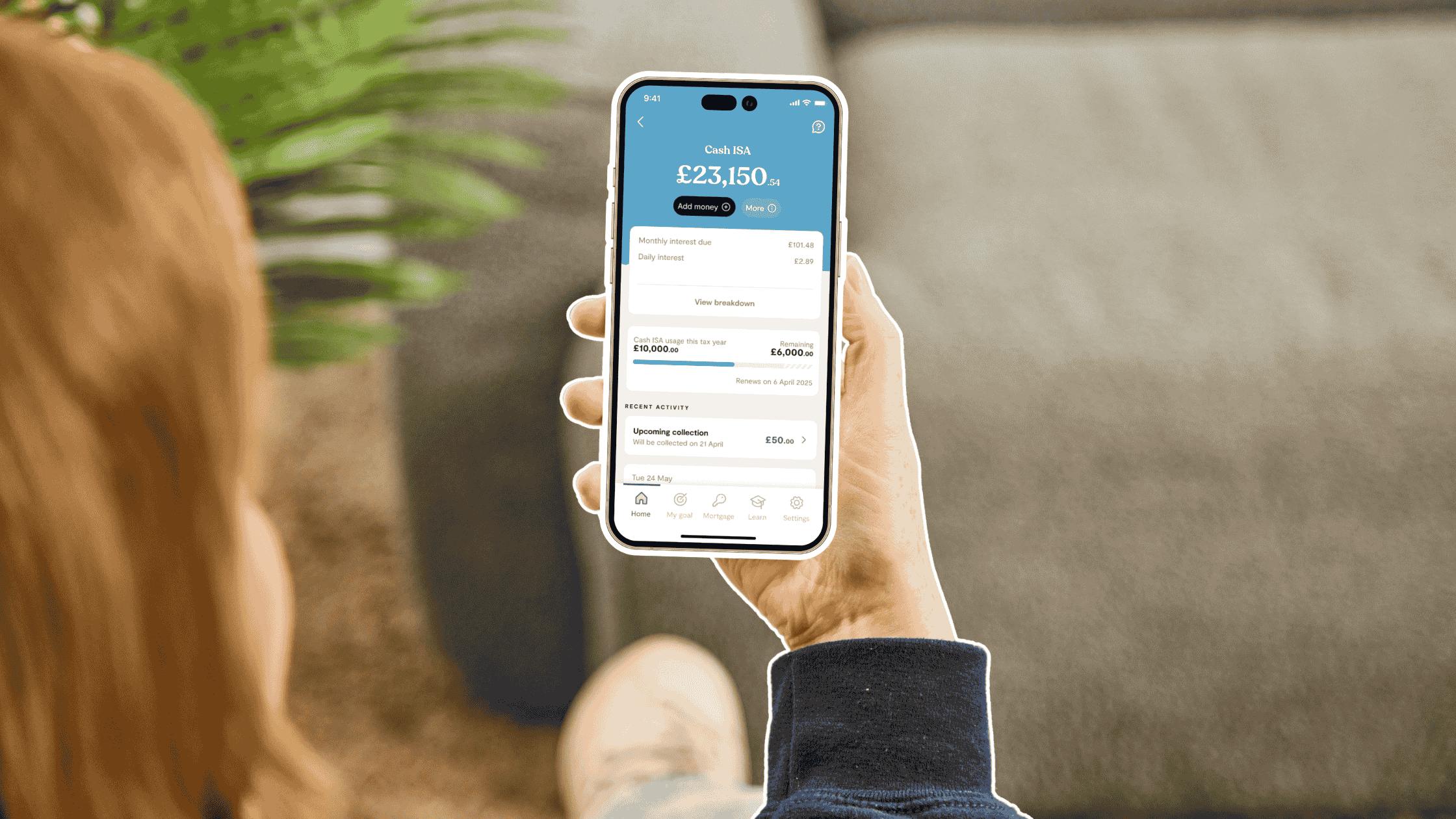Stamp duty changes: what you need to know
If you've been saving for your first home or planning a move up the property ladder, you might have seen recent headlines about potential changes to stamp duty. While nothing is set in stone yet, these rumoured reforms could significantly impact how much you pay when buying your next home.
Let's break down what's being discussed, what it could mean for your homebuying journey, and how you can prepare for whatever comes next.
What changes are being talked about?
The government is reportedly considering a major shake-up of the current stamp duty system, supposedly replacing the one-off stamp duty payment buyers currently make with an annual property tax for homes worth over £500,000.
Here's how it might work:
- Who pays: Homeowners would pay the tax on a property instead of buyers
- How much: Around 0.54% annually on the property value above £500,000
- When: The tax would be paid each year, not as a lump sum at purchase
To put this in perspective, imagine you're selling a £650,000 home. Under the new system, you'd pay roughly £810 per year in property tax (0.54% of £150,000). Currently, anyone buying that same property would face a whopping £22,500 stamp duty bill upfront.
The reports suggest these changes could happen within this parliamentary term, meaning we might see them introduced over the next few years. However, it's worth noting that second homes would likely remain under the current stamp duty rules.
Keep reading: How can I reduce my stamp duty?
You might also like our guides to stamp duty in Wales and Scotland.
How could this affect first-time buyers?
As a first-time buyer, these potential changes could be a game-changer for your homebuying plans. The biggest benefit? Removing that hefty upfront cost that often derails buying dreams.
Currently, stamp duty can add thousands to your purchase costs. For a £400,000 home (typical for many first-time buyers in southern England), you'd pay £10,000 in stamp duty on top of your deposit, legal fees, and moving costs. That's money that could otherwise go toward your deposit, paying for new furniture or your emergency fund.
With homeowners paying the annual tax instead, you could potentially:
- Save thousands upfront: No more scrambling to find extra cash for stamp duty
- Get on the ladder sooner: Lower initial costs mean you might reach your buying goal faster
- Have more negotiating power: Sellers might be more motivated to close deals quickly
However, there's a catch. Homeowners putting their house up for sale might factor these new annual costs into their asking prices, potentially pushing property values higher. This could mean you need a larger deposit even if you're not paying stamp duty directly.
Discover how you could buy sooner with Tembo
We’re on a mission to make home happen for the next generation. In fact, on average our customers boost their budgets by £88,000! Create a free, personalised Tembo plan today to discover all the ways you could buy, without applying!
What about moving up the property ladder?
If you're already a homeowner looking to move to a bigger place, the impact gets more complex. It really depends on the value of both your current home and your target property.
The good news: You won't face those punitive stamp duty bills when buying your next home. For movers purchasing properties worth £600,000 or more, this could mean savings of £20,000 or more in upfront costs.
The potential downside: If you're selling a property worth over £500,000, you'll start paying that annual tax. Even if you're downsizing to a cheaper home, you could still face ongoing tax bills based on your current property's value.
This could create an interesting dynamic where some homeowners might choose to rent out their current properties rather than sell while things are uncertain, especially if they're hovering around that £500,000 threshold. This could actually boost rental supply in the short term, though it might also reduce the number of homes available for purchase.
Thinking about moving up the ladder? Use our Stamp Duty Calculator to see how much you might need to pay under the current system. Or create a free, personalised Tembo plan to discover your buying budget, and all the ways you could move up the ladder sooner.
Regional differences you need to know
Where you live will play a huge role in how these changes affect you. The £500,000 threshold means some areas will feel the impact much more than others.
According to Rightmove's data, here's the breakdown:
- London: 59% of homes for sale are over £500,000
- South East: 39% of properties exceed the threshold
- Yorkshire and Humber: Only 13% of homes are above £500,000
- North East: Just 8% of properties would be affected
This means if you're house hunting in London or the South East, you're much more likely to encounter properties where sellers are paying the new tax. In northern England, Wales, or Scotland, the changes might barely register.
For first-time buyers, this regional split could create new opportunities. Areas that were previously expensive due to stamp duty costs might become more accessible, while regions with lower property values remain largely unchanged.
Make home happen with help from the UK’s Best Mortgage Broker
Discover your true buying budget today with a personalised Tembo plan. It’s completely free, takes 10 minutes and there’s no credit check involved. At the end, we’ll show you all the ways you could buy, including a range of budget-boosting schemes.
What should you do right now?
With all this speculation swirling, you might be wondering whether to pause your homebuying plans or rush to complete before any changes take effect. Here's some practical advice from the experts in making home happen:
Don't panic or rush
Remember, right now this is just speculation. Nothing has been confirmed, and the details could change significantly before any reforms are implemented. So avoid making hasty decisions based on rumours!
Focus on your current situation
If you're ready to buy and have found the right property at the right price, don't let potential future changes derail your plans. The fundamentals of homebuying remain the same:
- Save for a solid deposit: Aim for at least 10-15% of the property value. First-time buyer? Save with our market-leading Lifetime ISA. Already got a LISA? Transfer to Tembo!
- Get your finances in order: Check your credit score and gather necessary documents
- Understand your budget: Factor in all costs, not just the purchase price.
Consider your long-term plans: Buy a home you can see yourself in for several years
Lifetime ISA withdrawals for any purpose other than buying a first home (up to a value of £450,000) or for retirement (60+) incur a 25% government penalty, meaning you may get back less than you paid in.
Stay informed but don't obsess
Keep an eye on developments (we’ll be reporting on the latest news), but don't let speculation consume your house-hunting energy.
Consider the timing
If you're currently in the middle of a purchase, complete it based on today's rules. If you're just starting to look, remember that any changes would likely be phased in gradually, giving you time to adjust your plans.
Think about location
Given the regional differences, consider whether the potential changes affect your preferred areas.
Change can feel unsettling, especially when it involves something as significant as buying your first home or moving to a new one. The key is staying flexible and prepared. Keep saving, keep researching, and keep working toward your homeownership goals. Whether the current system stays in place or new rules emerge, being financially and practically ready - as well as having an award-winning mortgage team by your side - puts you in the best position to succeed.
We've helped thousands discover their true buying budget
Experts in helping buyers, remortgagers and home movers boost their affordability, Tembo goes beyond standard comparison tables to help you discover how you could make home happen. To see what you could be eligible for, create a free Tembo plan today.






